Trump’s Leadership Brings Critical Peace Deal Between Two Nuclear Powers
WASHINGTON, D.C. – In a powerful show of leadership on the world stage, President Donald Trump announced Saturday that the United States successfully brokered a full and immediate ceasefire between India and Pakistan after days of dangerous, escalating attacks.
“After a long night of U.S.-led diplomacy, I’m pleased to announce that India and Pakistan have agreed to a FULL AND IMMEDIATE CEASEFIRE,” Trump wrote on Truth Social. “Congratulations to both countries for using common sense and strong intelligence. Thank you for your attention to this matter!”
Deadly Attacks Triggered Global Concern
The ceasefire followed a series of violent military exchanges between the two nuclear-armed nations. Tensions ignited after a brutal attack in Indian-controlled Kashmir killed 26 people, most of them innocent tourists. In retaliation, India launched targeted strikes against Pakistani positions, blaming Islamabad for supporting the attackers.
Pakistan responded by accusing India of hitting three major airbases, including the strategically important Noor Khan Airbase near Rawalpindi. In turn, Pakistan launched short-range missiles at Indian military sites.
Pakistani Prime Minister Muhammad Shehbaz Sharif called the strikes a “well-coordinated response” and accused India of committing “unprovoked aggression.”
“We have avenged the blood of the innocent,” Sharif declared. “We stand proud of our armed forces.”
India: “We Responded with Restraint”
Indian officials pushed back, blaming Pakistan for starting the conflict. Indian Foreign Secretary Vikram Misri Singh said that Pakistan’s “provocations” were the cause of the crisis.
“India has defended itself in a measured and responsible fashion,” Singh told reporters during a live press conference.
Wing Commander Vyomika Singh added that India remains committed to peace—but only if Pakistan reciprocates.
“India is committed to de-escalation, provided the other side respects the ceasefire.”
President Trump’s Diplomacy Leads the Way
Secretary of State Marco Rubio confirmed that he spoke directly with top officials in both India and Pakistan, urging both sides to avoid further escalation and re-establish direct lines of communication. According to the State Department, Rubio also offered U.S. support in future peace talks, showcasing the Trump administration’s firm yet hands-off foreign policy approach.
“President Trump has shown once again that peace can be achieved without sending American troops into another foreign war,” Rubio said.
G7 and Vance Support Peace Through Strength
In a joint statement, G7 foreign ministers echoed the call for calm, warning about the risk to civilians.
“We are deeply concerned for the safety of both populations,” the G7 said. “We urge immediate de-escalation and direct dialogue.”
Meanwhile, Vice President J.D. Vance made headlines Friday by warning that future U.S. military involvement is off the table.
“This is not America’s fight. We won’t be dragged into every foreign dispute,” Vance said. “Our mission is to protect America First.”
Trump’s “America First” Doctrine Proves Effective Again
This ceasefire is the latest foreign policy win under President Trump’s renewed leadership. By refusing to entangle the United States in another overseas conflict and instead using diplomatic strength, the Trump administration has again proven that peace through strength works.
As nuclear tensions cool in South Asia, Americans are reminded of the importance of strong, principled leadership that puts U.S. interests first—and avoids costly foreign wars.

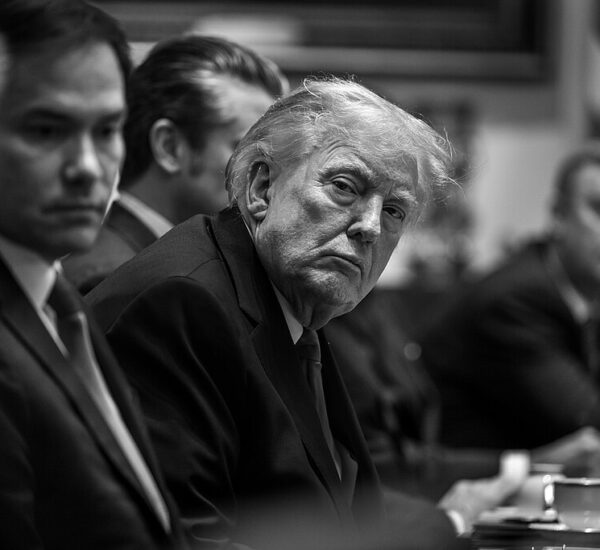
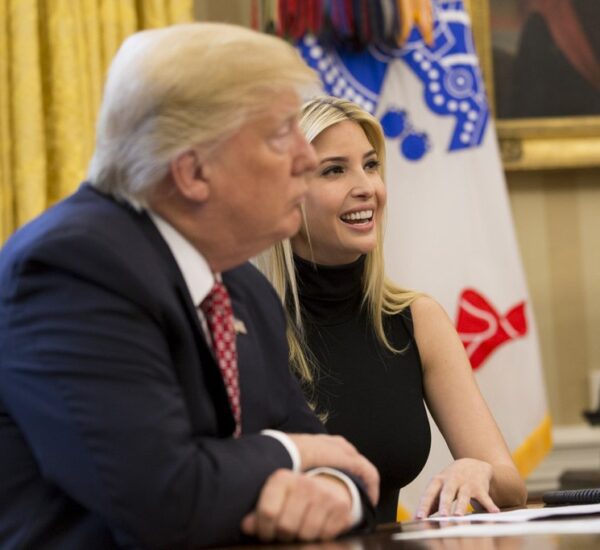
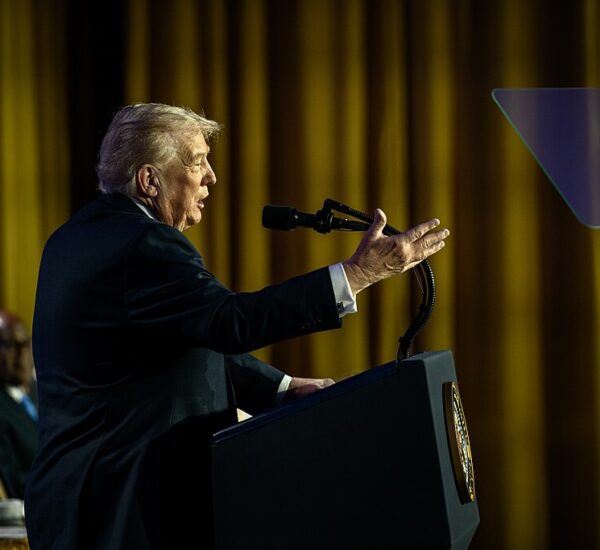
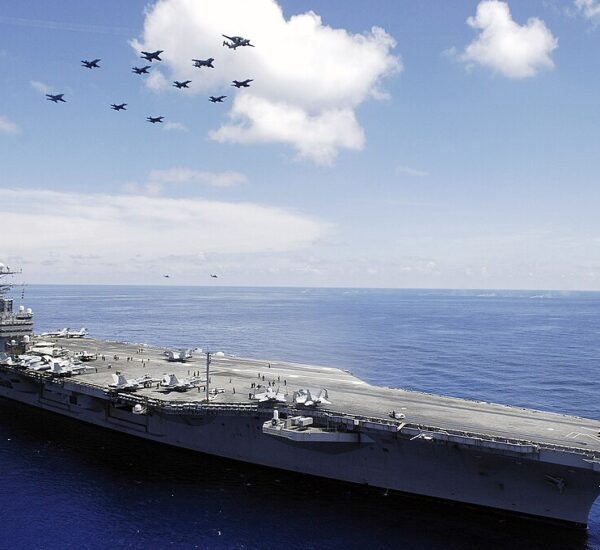
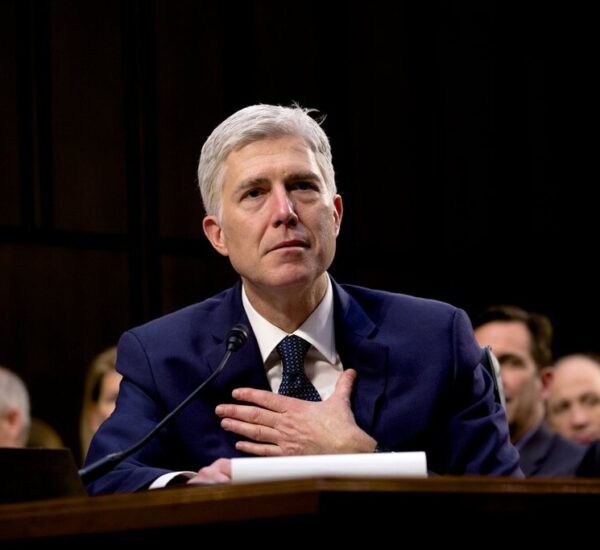
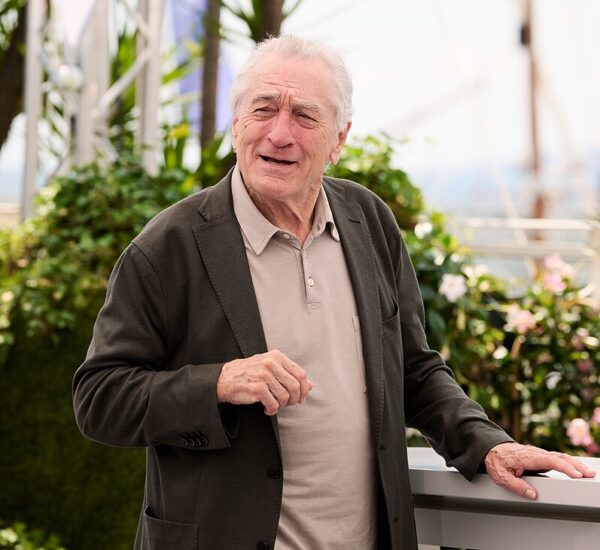
this shows the difference between low mental and weak leaders and the strength of conviction